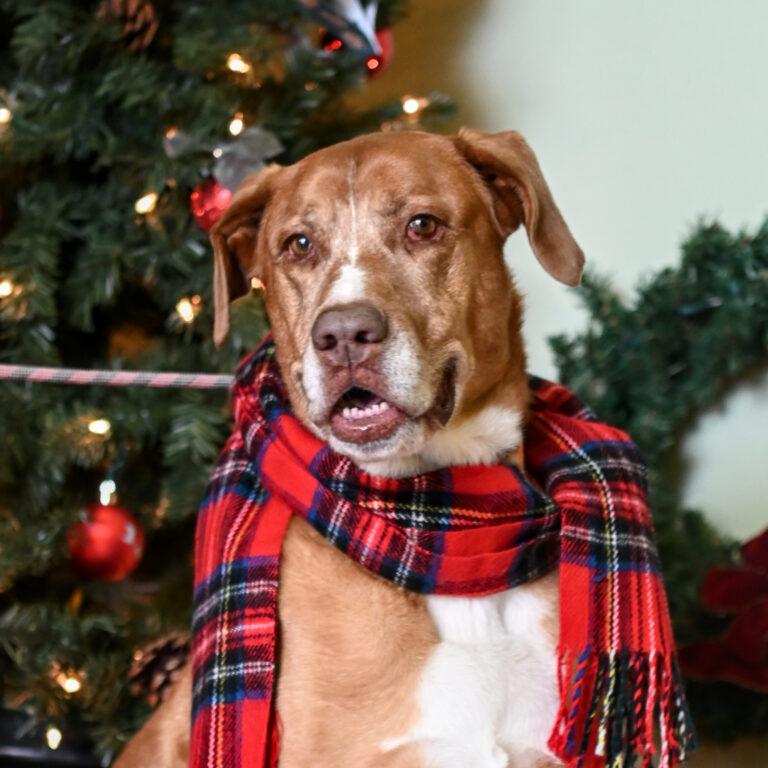Some of the most popular New Year’s resolutions people make are health-related, like starting a new diet, working out or losing weight. This year, consider making health-related resolutions for your pet instead!
At Better Together Animal Alliance, we know that when animals in our community are healthy, our community as a whole is healthier. Being proactive about pets’ health can prevent costly veterinary care, keep them around longer, and prevent them from ending up at animal shelters because of their medical challenges.
“Early detection can help resolve problems before they are significant and/or slow the course of a disease,” says Chrissy Ponsness, veterinarian and owner of Pend Oreille Veterinary Service in Ponderay.
Here are a few basic resolutions that will go a long way in keeping your pet safe.
- Help curb the spread of canine illness. If you are concerned about canine diseases, avoid bringing Fido to places where there are many other pups, like dog parks or doggy day cares. If your pet shows signs of being sick (like coughing or sneezing), don’t let her interact—that means even sniff noses –with other dogs. On the other hand, keep your dog away from dogs who are sick. Finally, talk to your veterinarian about the vaccinations that can prevent disease and make sure you keep them up to date.
- Go to your veterinarian at least once a year. Veterinarians can do an exam and bloodwork to help catch problems early. Your veterinarian can also give you guidance to make sure your pet is active enough and at a healthy weight. A dog’s average lifespan can be increased by 15% (about 2 years for the average Labrador) by maintaining a lean body weight, according to a 2002 study by Purina. You can also get guidance on your pet’s diet from your veterinarian. Don’t feed “fad” diets, like raw food, for example, says Ponsness.
- Get your pet spayed or neutered. Spaying and neutering help decrease pet overpopulation (which leads to animals ending up at shelters, like ours at Better Together Animal Alliance). It also can prevent certain cancers from developing and keep unneutered males from roaming around looking for mates, which can lead to animals getting lost or injured.
- Train and socialize your dog properly. This can help prevent accidents or fights, says Ponsness. For example, a dog with good leash manners or recall has less of a chance of getting lost or in an altercation with another canine.
- Use extra caution in winter. Protect your furry friends’ feet from ice, snow and chemicals in road salts and de-icers. Consider applying petroleum jelly to their paw pads for protection before you go outside or using booties. After walks, you can diminish any irritation by cleaning off your pet’s feet. Pay special attention to cracked paw pads and irritation in between toes.
This winter, remember that if it is too cold for you, it is generally too cold for your pet. If animals are spending significant time outside in the cold weather for any reason, make sure they have a safe, warm place to go. For example, if you provide shelter for community cats or other outdoor animals, make sure to provide straw bedding! This can keep them cozy and insulated and doesn’t freeze like fabric or bedding (which can be deadly for the animals). Also, make sure outdoor water bowls are free of ice.
With these resolutions, we hope you and your pet have a warm, happy, and very healthy new year!

